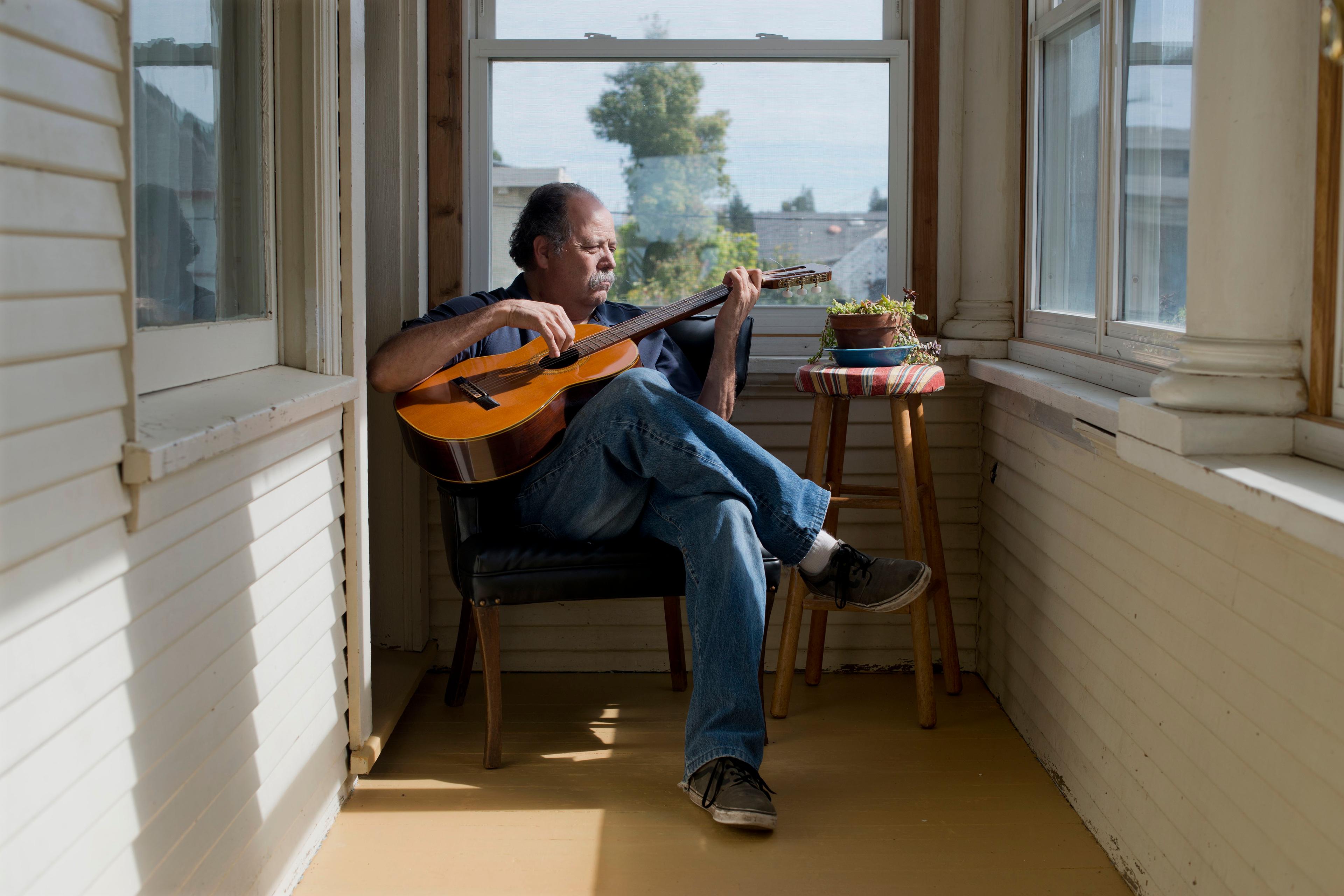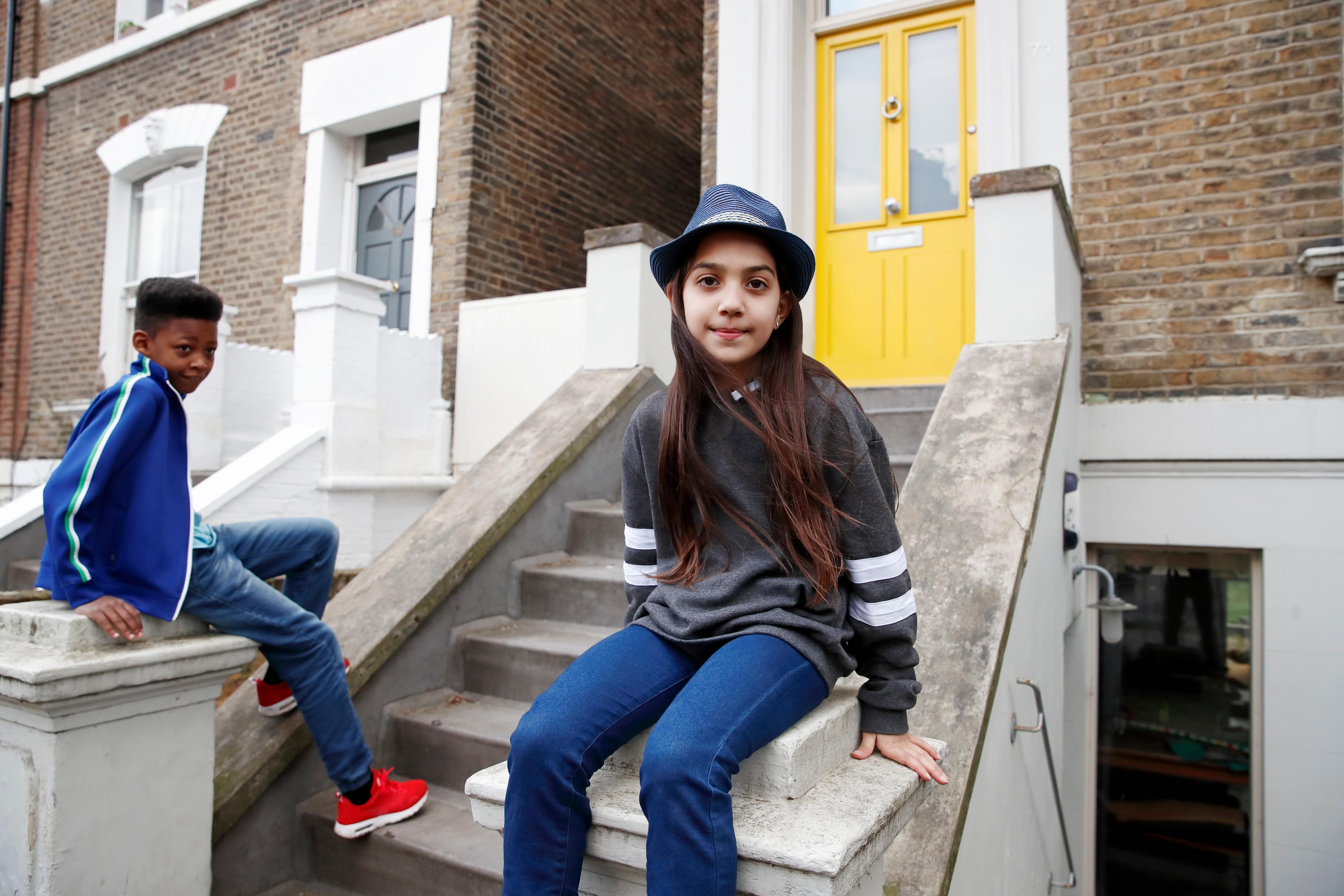‘It’s so stupid,’ Sarah says as she recounts her mother’s most recent episode and hospital admission. She’s not commenting on the system that can’t provide them with consistent mental healthcare. No. I’ve just asked her how she’s feeling. ‘I’m so dumb, just so broken and pathetic,’ she tells me. She’s feeling immense sadness, but more than that she feels anger, at herself, for ‘allowing’ this sadness. She also feels guilt over ‘not preventing this from happening again’. Managing the needs of others and criticising herself has been the main way she has responded to painful emotions for as long as she can remember. Sarah, like many of us who had or have parents with a mental illness, initially baulks at the idea of having more self-compassion. Logically, she can understand its value, she’s a smart woman. But she cannot truly feel it, and at this early stage she’s not even sure that she should.
This is not the exact story of any client of mine; Sarah is the personification of a common experience among those who’ve grown up with a parent with mental illness. It is estimated that this includes at least one in five people. These folks may face a range of challenges as a direct consequence of parental functioning or as a result of social reactions to mental illness. Along with genetic factors, experiences during childhood can influence a person’s sense of self and ability to function well into their later life. Specifically, research has found that growing up with a mentally ill parent may negatively impact a person’s physical health, mental health, and their functioning in close relationships.
The experiences of people who grew up with parents who had (and perhaps continue to have) mental illness are extremely varied. We could expect differences between the experience of someone whose parent endured a brief episode of depression, for example, and someone whose parent had a persistent illness that severely impacted their ability to provide for the child. As such, the consequences for children often depend on the degree to which mental illness affects the parent’s functioning, the presence of other supportive adults, and the availability of social and economic resources. But we do know that, overall, these folks are at a higher risk of mental health challenges than their peers – hence the need to understand what factors can promote their wellbeing.
When invited to reflect on their early life, some adults speak about how growing up with a mentally ill parent helped them to develop the qualities of compassion and understanding. I got curious about this when it became clear that, although compassion for others was described by many such individuals as being second nature, self-compassion often felt totally foreign to them.
Self-compassion is the practice of offering oneself understanding and kindness during times of suffering or personal failure. This concept has been present in certain religious practices for centuries, and it is now commonly referred to and explored in psychological science, thanks to the pioneering work of Kristen Neff.
I recently completed my doctoral dissertation on the relevance of self-compassion for people whose parents have had mental illness. It encompassed: a review of existing research on the subject; a study involving interviews with young adults in this population to see what they thought about self-compassion; and another study based on interviews with clinicians who provide therapy for children and adult-aged children of parents with mental illness.
Through this research, my co-authors and I identified multiple factors that could make it challenging for these individuals to practise self-compassion. In turn, we propose that they may benefit from working on six specific components to foster greater self-compassion. These are: 1) mindfulness; 2) distress tolerance; 3) communality; 4) worthiness; 5) self-empathy; and 6) self-kindness.
Mindfulness
Researchers of self-compassion generally agree that mindfulness is a core component. It involves a very specific way of noticing feelings: with openness and nonjudgment. Considerable research speaks to the benefits of mindfulness in terms of increased subjective wellbeing, reduced psychological symptoms, and improved emotional and behavioural regulation. However, the children of parents with mental illness often tend to hold their emotions with judgment: I have met many young people who felt guilty because of their anger over a parent’s relapse, for example, or who have considered themselves selfish when they needed support. In this way, a moment of anger or sadness is made more difficult by feelings of guilt. This is why mindfulness is a key component of self-compassion, especially for this group.
Thanks to growing interest in mindfulness, there are widely available resources for practising this skill (such as from Smiling Mind, or Headspace). A way to get started is to add small mindful moments throughout the day – noticing and silently naming the sensations involved in simple daily tasks (eg, brushing your teeth, eating your lunch), and progressing to naming thoughts or feelings (eg, I am having the thought that it is my fault, or Here is sadness – may I be kind to myself).
Distress tolerance
It can be challenging to practise mindfulness at the best of times (just ask any beginner), let alone when you’re trying to be mindful of painful feelings. This is where distress tolerance – the ability to contain, stay with and bear painful emotions – becomes an important component of self-compassion for adult children of parents with mental illness.
For these individuals, the painful feelings may seem intolerable. Some parents have effective ways of coping with emotions, and model these for their children. But some adult children of parents with mental illness rarely or never witnessed their parent effectively regulate difficult emotions, meaning they didn’t have someone to copy. Additionally, parents who had trouble dealing with emotions might have been less able to help their child through co-regulation – assisting the child to shift their emotional state (eg, anxious, upset) by gradually adopting the state of the parent (eg, calm). If, while growing up, you approached your parent for soothing, only to feel either more distressed or rejected afterwards, you might as an adult be less likely to seek support and may have trouble with self-soothing.
Importantly, like mindfulness, distress tolerance is a skill that can be built with practice. There are many freely available online resources for learning how to increase distress tolerance, including from the Centre for Clinical Interventions in Western Australia. If emotions become overwhelming for you, I also suggest seeking the support of a therapist to help guide you in distress tolerance.
Communality
This is a sense of belonging to (rather than isolation from) one’s community on the basis of a shared experience. Someone who has grown up with a mentally ill parent might have become familiar with the feeling that their family is just ‘different’. It is not uncommon for me to hear from my clients that parental mental health was a taboo subject in their homes and communities. They felt that their friends wouldn’t understand, wouldn’t know what to say or how to help, and might even judge them or their parent if they knew what was going on at home. Not so conducive to a sense of belonging.
It may be helpful to hear or read about other people’s experiences of parental mental illness
Even when these individuals recognise the fact that other people also struggle and suffer in life, all too often the default response is: ‘So, who am I to seek support?’ rather than ‘So, my struggle is understandable, and I am as deserving of kindness as others.’ This is an important shift to make.
There are organisations that provide formal and informal spaces to connect with others who grew up with a parent who experienced mental illness. Satellite Foundation, based in Melbourne, Australia, is one example. Sadly, such organisations are not available in all cities, but web-based forums may also provide a space to connect. For those who aren’t ready to connect directly, it may be helpful to hear or read about other people’s experiences of parental mental illness.
Worthiness
To begin the potentially difficult process of developing a self-compassionate stance, we must believe that we are worthy of loving kindness. This sense of worthiness might be most difficult for those whose parents were unable to be emotionally nurturing and supportive, including survivors of neglect and abuse.
Developing a sense of worthiness can involve giving yourself permission – recognising that all humans are born worthy and thus inherently allowed to practise self-compassion. The input of a registered therapist or other supportive person can help with increasing your belief that you’re worthy of self-compassion.
Self-empathy
Those who grew up with a mentally ill parent might have learned to understand rather than judge the mental health challenges of others, but may have trouble extending that spirit of understanding to their own struggles. Self-empathy involves being curious about the thoughts and emotions that show up for you when you are struggling, in light of your life experiences and current circumstances. When I interviewed the clinicians for one of my studies, they described self-understanding as important for lessening the shame and self-blame carried by some children of parents with mental illness. Here, too, conversations with a therapist or other trusted person could be useful, as talking about your experiences may help you to better understand, and be understanding of, why you feel the way you do.
Self-kindness
For adult children of parents with mental illness, caring for themselves can seem to come into conflict with caring for others – including their parent. When you grow up with a caregiver who struggles with mental illness, you might learn to prioritise the needs of others above yourself, maybe because theirs seem more urgent.
In beginning to build self-compassion, it’s not a bad idea to get clear on what being kind to yourself looks like for you. Self-kindness can take many forms: physical acts of self-care, like moving your body or resting your body; setting boundaries or letting others in; saying ‘no’ or saying ‘yes’; doing the challenging thing that moves you towards your goals, or taking a break from challenging things; seeking the comfort of a friend, loved one or pet, or taking some time to be alone.
If you (or someone you know) have had challenging experiences due to growing up with a parent with mental illness, then learning about self-compassion could be an important next step to take. I have personally seen adult children of parents with mental illness learn to prioritise and build self-compassion for their betterment. (Here are some further resources for getting started.)
The initial practice of self-compassion may bring up difficult emotions; if that happens, my suggestion is to go slow. Begin by talking about your experiences and goals with a safe, supportive person. I do believe that with time, practice and appropriate support, everyone can develop a relationship with themselves that is mindful, kind and understanding, even if it didn’t start out that way.








